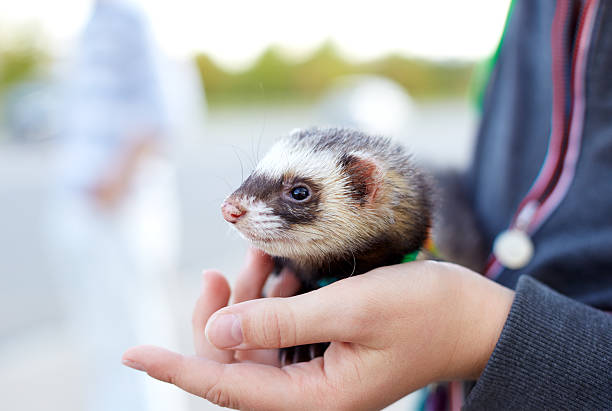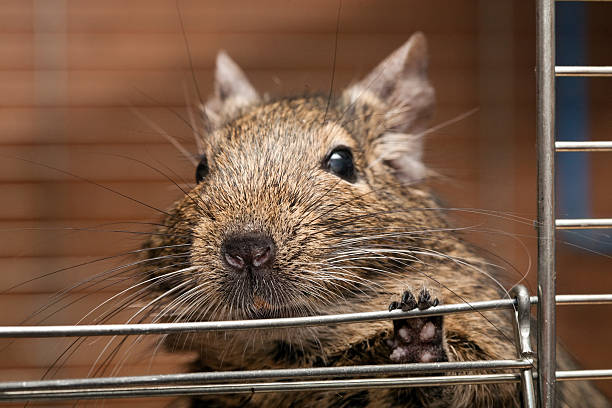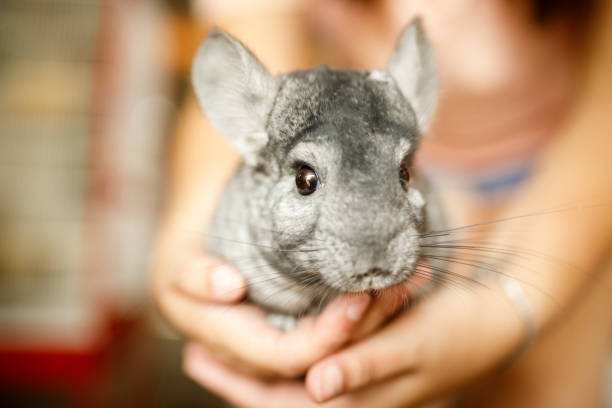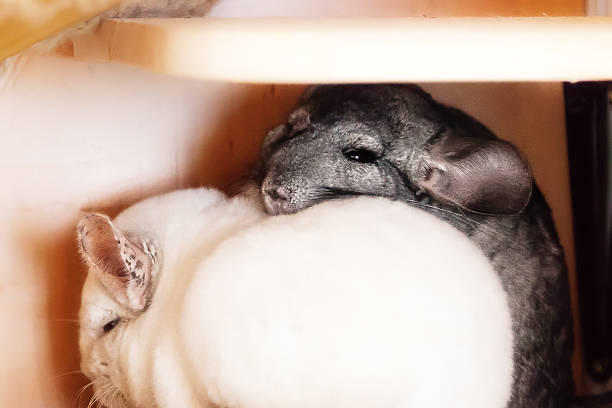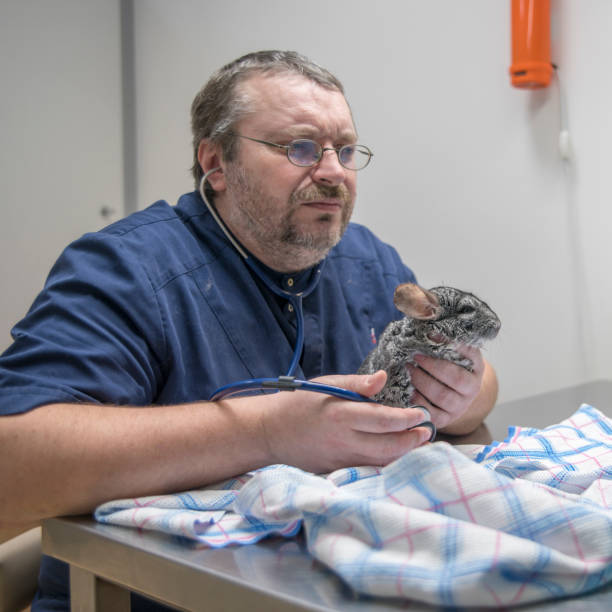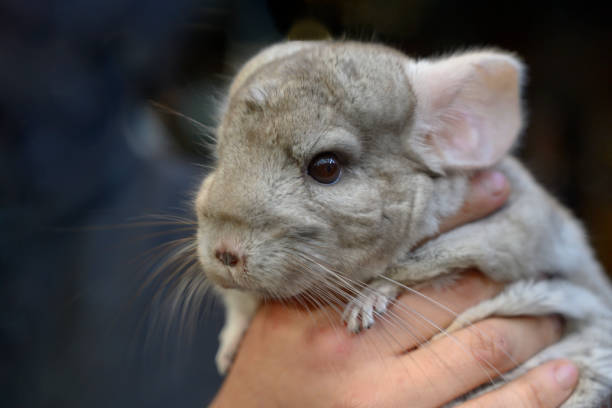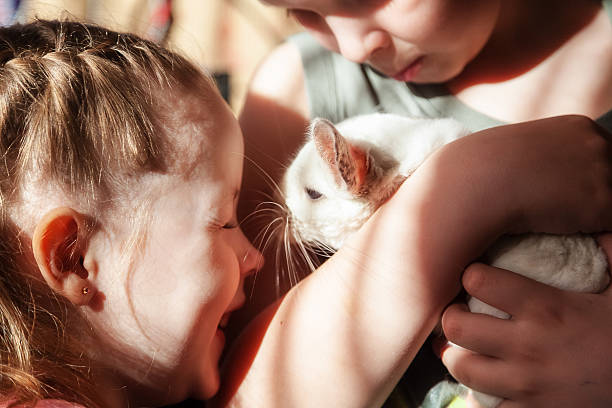What Do Chinchillas Eat? (Best Chinchilla Diet & Tips)
This post contains affiliate links. This means I will make a commission at no extra cost to you should you click through and make a purchase. Read the full disclosure here.
Welcoming a chinchilla into your home brings a bundle of joy and responsibility. These adorable, furry creatures have specific dietary needs that are crucial to their health and well-being. Understanding what chinchillas eat and how to provide them with the best diet is essential for ensuring a long and happy life for your pet. In this guide, we’ll delve into the world of chinchilla nutrition, exploring their staple foods, supplementary treats, and valuable tips to keep them thriving. Whether you’re a seasoned chinchilla owner or considering adopting one, this guide will help you navigate the ins and outs of the best chinchilla diet.
Hay: The Staple Diet
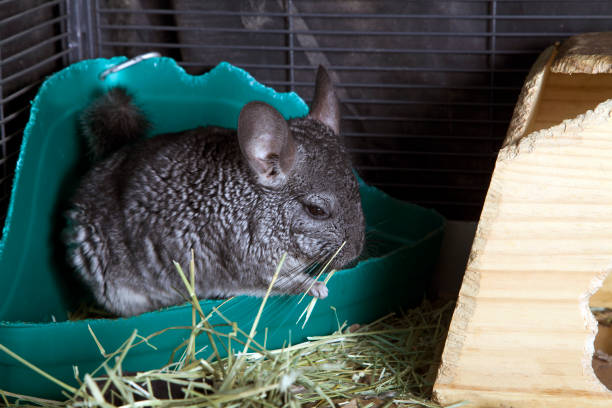
Chinchillas are herbivores, and their diet primarily consists of high-quality hay. Timothy hay is the best choice for chinchillas, providing essential fiber for digestion and promoting dental health. Other options include orchard grass or meadow hay. Make sure hay is always available for your chinchilla to graze on.
Pellets: Balanced Nutrition
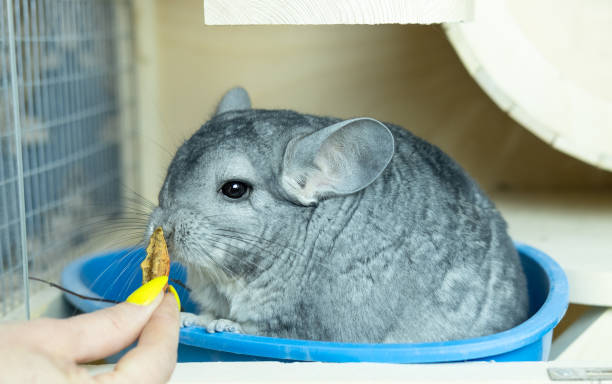
Alongside hay, chinchillas should be fed a small amount of high-quality pellets daily. Look for pellets specifically formulated for chinchillas, avoiding mixes with seeds, nuts, or dried fruits, which can be high in fat and sugar. Pellets provide essential vitamins and minerals to complement their hay-based diet.
Fresh Water: Hydration is Key

Like any other animal, chinchillas need access to fresh water at all times. Provide water in a sipper bottle attached to the cage to keep it clean and prevent spills. Ensure the water is changed daily to maintain freshness and cleanliness.
Limited Treats: Occasional Indulgences
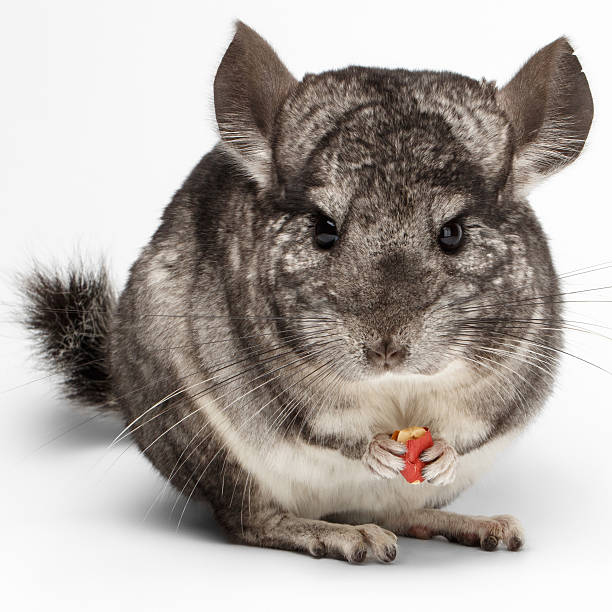
While chinchillas love treats, they should be given sparingly. Safe options include small pieces of dried fruits like apple or raisins, or occasional commercial chinchilla treats. Avoid sugary or fatty treats, as they can lead to health issues like obesity and dental problems.
Fresh Greens: Supplemental Nutrition
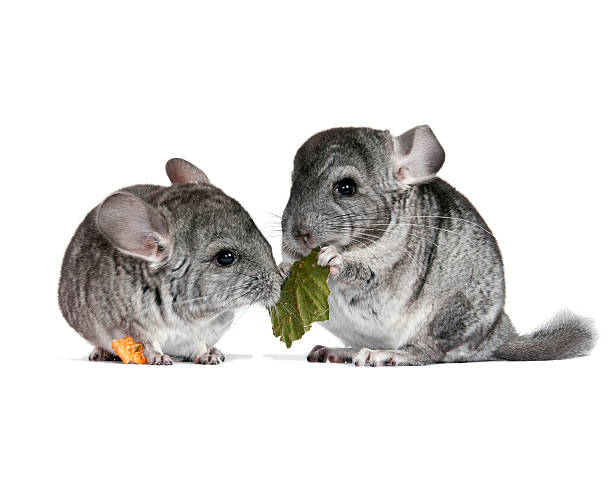
In addition to hay and pellets, chinchillas can enjoy a small amount of fresh greens as a treat. Safe options include dark, leafy greens like kale, spinach, or parsley. However, introduce new greens gradually to avoid digestive upset, and ensure they are thoroughly washed to remove any pesticides or residues.
Final Thoughts:
Ensuring a proper diet is essential for the health and well-being of your chinchilla. A balanced diet consisting of hay, pellets, fresh water, and occasional treats and greens will keep your furry friend happy and healthy for years to come. Remember to monitor their food intake, provide plenty of hay for chewing, and consult with a veterinarian for any dietary concerns. With the right care and nutrition, your chinchilla will thrive as a beloved member of your family.




